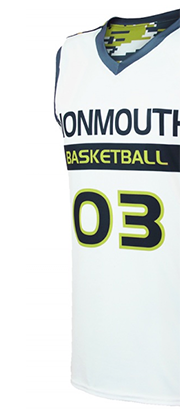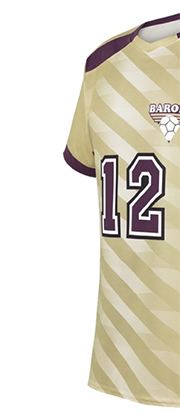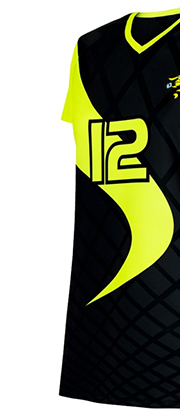If you’re just getting started on your first ever season as a head coach of a little league baseball team or just are looking to brush up for the new year, there are always things you can focus on to better yourself as a leader of your team. It can range from the basics to drills, to baseball uniforms, to common practices and so much more. To gear up for another run of little league baseball, let’s take a look at some really basic, yet very helpful coaching tips.
Knowledge is Power
You never can know everything, but when you’re taking over a little league baseball team, you need to know quite a few things. Number one, you should have a pretty good handle on baseball. You know the rules, you have an idea how to manage a team and you know strategy. That will help you keep your team in line, command respect and actually be productive on the field. Other things to know are all of your league rules and requirements, player strengths and weaknesses and how to communicate in general.
To be an effective coach and leader, you need to be able to hand down knowledge of the game and what to do in various situations. This applies to life situations, practices and of course games.
Get Help
No matter how smart you think you are – and especially if you think you’re not – you want help to run a little league baseball team. Parents, friends or fellow coaches will do, so long as you’re not the only guy running practices and coaching the team. You took the head job and that’s on you, but to maximize the potential of each player and the team as a whole, getting extra help is always a good idea. You could bring in people specifically for pitching, hitting, base running, and the list goes on. This isn’t a Major League Baseball team, but whatever help you can get that isn’t misguided and can actually be used, you should take it. You still get last say in everything the team does, but the more help you can get, the better off you and your team will be.
Safety First
We don’t list it here first, but this is an age old little league baseball tip that is really simply a must. Whether you’re in practice or in a game, the number one objective is always to enter and exit with everyone healthy and in as good as spirits as possible. Players who are playing hurt should be monitored at all times and whenever you can help it, players with even remotely serious injuries would just rest during practice (or go through a light individual practice) and likely also sit out of games. During the game, baseball can be aggressive just like any other sport, with balls possibly hitting players, players running, diving and sliding, and so on. On top of taking every precaution to being ready for any potential injury (first aide kit, etc), you should also understand the league protocal when it comes to injuries and relay that to your fellow coaches, players and parents.
Winning Isn’t Everything
While winning is the main goal of games, it’s best to go in knowing that this isn’t MLB and winning really isn’t everything. Players and teams collectively are rewarded when they win, but you need to be sure to keep spirits high even when you’re not performing well. The real goal is to coach up each individual player and have the respective players come together to form a well knit team. Your job is successful if you can do that, even aside from a win-loss record.
Once you have that thought down, how you handle defeat is also quite key. Remember, these are young kids looking for role models, for an example, for any kind of direction on how to approach and react to the game. Pouting and complaining is uncalled for, especially when it can involve blaming umpires, individual players or anything of the sort. Teach your players to be humble and to credit the other team with a win fully, and to use a loss as an opportunity to address weaknesses in practice.
Keep it Fun
It’s baseball! This is still a fun sport that should be able to be enjoyed, no matter how individuals fare or if the team wins or loses. You obviously don’t want to teach a full acceptance of losing to the point where the kids don’t care about losing or even given up prematurely, but you should try to balance a desire to win with just enjoying the game. Keep the dugout light and fun, while also trying to keep the players focused on individual assignments, cheering their teammates on and staying involved in the game even when they’re not in it. Celebrating wins and carving out time during practices for fun drills also can help to remind everyone that while the goal is to win, little league baseball is also about having fun.
There are more little league baseball tops to break down and specific things we can go over, but these five tips can go a long way in getting you set out in the right direction in your first season at the helm. In summary, do your research so you know the sport, the league and your own players. Make sure you have the appropriate help and that you’re not putting too much on yourself. Make sure every player is safe, prepared and dedicated, but do your best to also make sure everyone knows that a loss doesn’t mean the end of the world and that through it all, this is still a fun game meant to be enjoyed!







